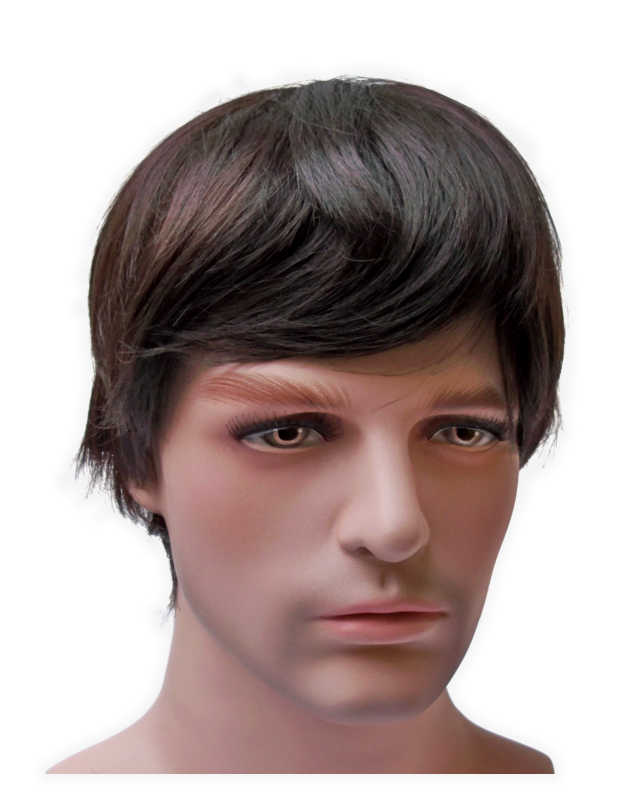Things You Must Know Before Buying Diamonds in a Wholesale Diamonds Store
There is an ongoing change in the way diamonds are being sold to the buying public. This is the existence of wholesale diamonds. What exactly are wholesale diamonds, and what are the essential things you must know if you want to buy genuine wholesale diamonds?
Wholesale
Firstly, let’s focus on the term “wholesale.” Usually, wholesale is when the manufacturer sells its products or merchandise to retailers. Retailers buy in bulk, so they get these discounted prices. When these retailers sell the products to end-users or consumers, they do so at higher costs to cover their operational and marketing expenses and gain profit. After all, they are running a business, so return on investment is a must.
Buying Directly From The Manufacturers
However, there are ways to avoid retailers or mediators’ existence and get products directly from the manufacturers. This means that end users can get their hands on the products they want at much more affordable prices because they can go straight to the manufacturers or wholesalers and avoid the retailers’ markups. It’s the same principle with wholesale diamonds. They are now available to end-users or buyers, thanks to the shortened supply chain.
The public can scout for wholesale diamonds through the conventional means of personally visiting big diamond districts such as New York. Still, the internet offers a much faster and convenient means. Consumers need to be wary of fine prints in sites. Yes, the dealers’ intent of informing the public about their policies is there. Still, they present them in such a way that the browsers would end up overlooking them. So fine prints must always be read and understood.
If buying through the internet seems shady or unappealing, local retailers and jewelers can be contacted and asked about their providers or distributors. The more names and contacts gathered, the better, as there would be more options and more chances of getting the best deal possible.
Buying wholesale is just like buying from a retailer or shop. The Four Cs (cut, carat, clarity, and color) still define a good diamond. Moreover, certificates of authenticity from authority organizations such as GIA are always a top priority. Gemstones also need to be scrutinized by a skillful and experienced jeweler. Tiny flaws that cannot be seen by the naked eye would be quick to be dismissed or overlooked by untrained buyers. Pieces must be observed under magnification by skilled or expert jewelers. This would also make sure that the diamond pieces are rightfully and accurately assessed and valued. It would also especially come in handy for identification and insurance purposes.
One other good thing that the existence of wholesale diamonds has brought the buyers is that since many people are now becoming more aware of wholesale options, some retailers are willing to sell their pieces at lower costs to compete with the wholesalers. However, there are still many that refuse to compete. The public needs to be wary about diamond pieces sold at wholesale prices by some misleading retailers. There may be a catch, such as inclusions (flaws) hidden under the prongs and more. Being a smart buyer not only means getting the best deal, but not allowing to be blindsided as well.







